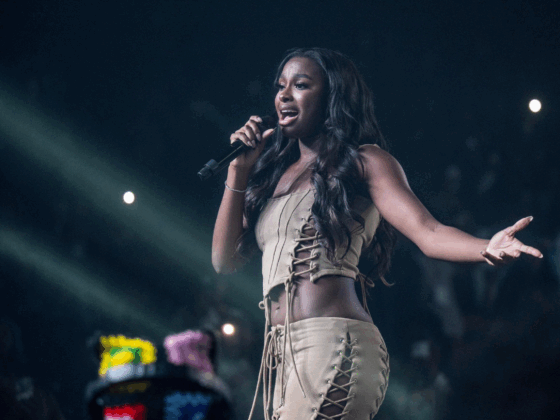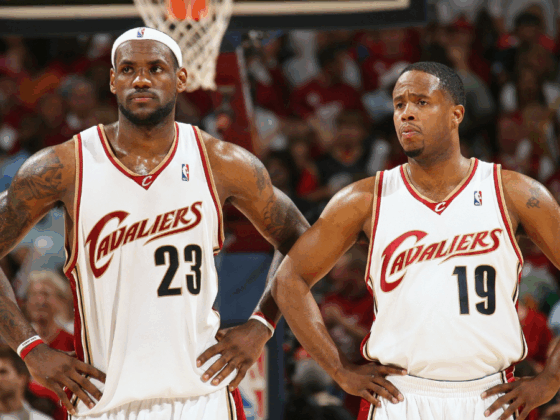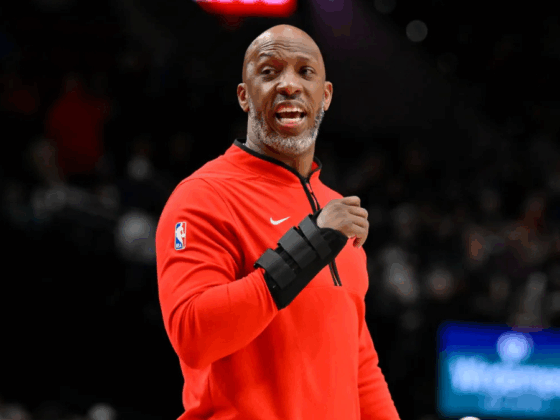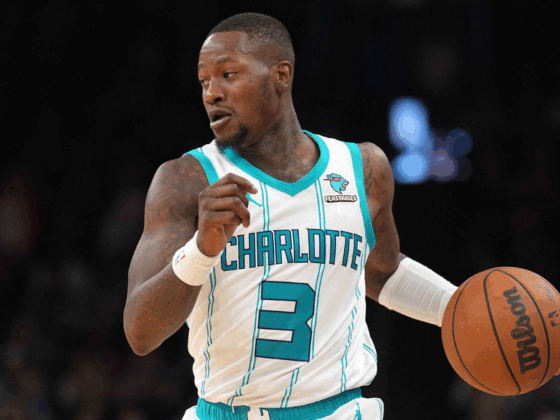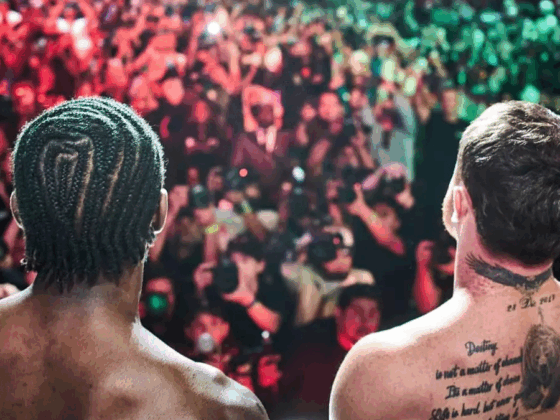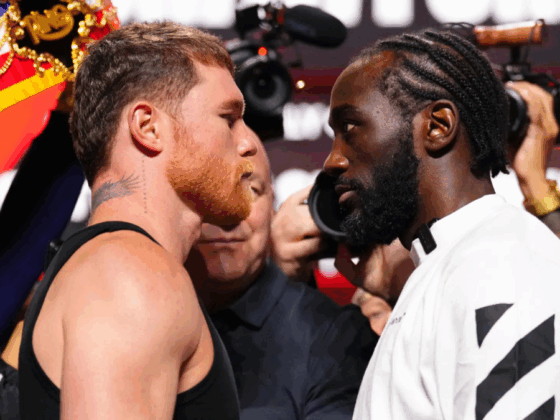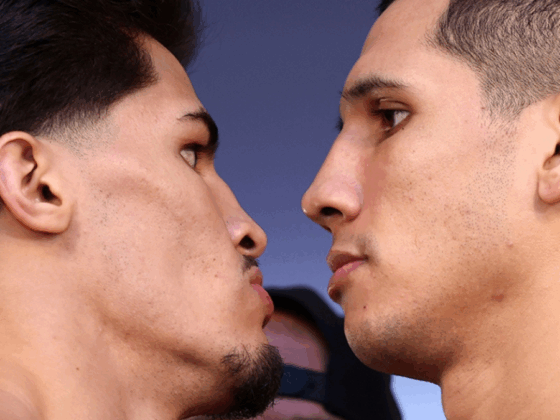
The NBA and National Basketball Players Association (NBPA) is in the process of hiring a Director of Mental Health and Wellness to run the league’s new mental wellness program, according to NBA.com’s David Aldridge. The program funded by the league and the players’ union, will run independently of the league and the NBPA.
Following from NBA.com,
The mental wellness program — the product of almost a year of discussions between the league and union that began as the sides were working out the new Collective Bargaining Agreement — will allow players to seek treatment and counseling outside of the framework of their individual teams, if they want. Existing team physicians and other resources will still be available to them, too.
The new director will have authority and a significant role for players who seek his help. But it is not clear if the director will have the ability to unilaterally decide if a player dealing with a mental wellness issue should not play in a given game or games to deal with those issues, regardless of what the player’s team medical staff may think.
The program will also seek to review the strategies the WNBA and G League employ to help with mental health and wellness.
The discussion of mental health has seen a jump in recent months as players are becoming comfortable with opening up about their struggles with mental health. Last week, Cavalier star Kevin Love penned a personal essay in the Player’s Tribune that detailed his battle with mental health. In the article, Love described the time he suffered a panic attack during a November 5th game against the Atlanta Hawks.
Following the attack, the Cavaliers helped to set the All-Star forward up with a therapist, someone who Loves still goes to see.
Love wrote that because fellow NBA player DeMar DeRozan spoke up about his struggle to deal with depression, he was finally able to share his own story publicly.
Washington Wizards small forward Kelly Oubre has also spoken about dealing with anxiety:
“We’re normal human beings. We face a lot more adversity, a lot more problems… It’s a little bit more amped up; we just can’t show it,” he said. “I feel like people who are on the outside looking in don’t really understand because they see us as superheroes, but we’re normal people, man. We go through the issues that normal people go through times 10.”
